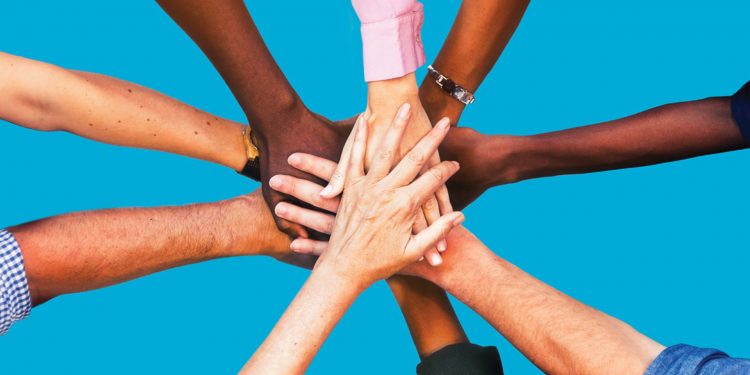At the 2019 “Building Our Future Singapore Together” dialogue, Deputy Prime Minister and then Minister for Finance Heng Swee Keat brought up the importance of civil society when he said, “We need to shift from a government that focuses primarily on working for you, to a government that works with you. Working with you, for you.”
This seems to herald a shift in the government’s relationship with civil society — from one that is adversarial to one that is amicable. Mr Heng’s call for the government to partner with the people echoed the increasingly common refrain of engaging and consulting civil society. He also hinted in that same speech of the government’s intention to work not merely with establishment groups, but also with civil society organizations.
Despite this, there are some civil society groups that remain confronted with challenges in advocacy which they need to learn to navigate.
Fighting for the recognition of migrant workers from different corners of the ring
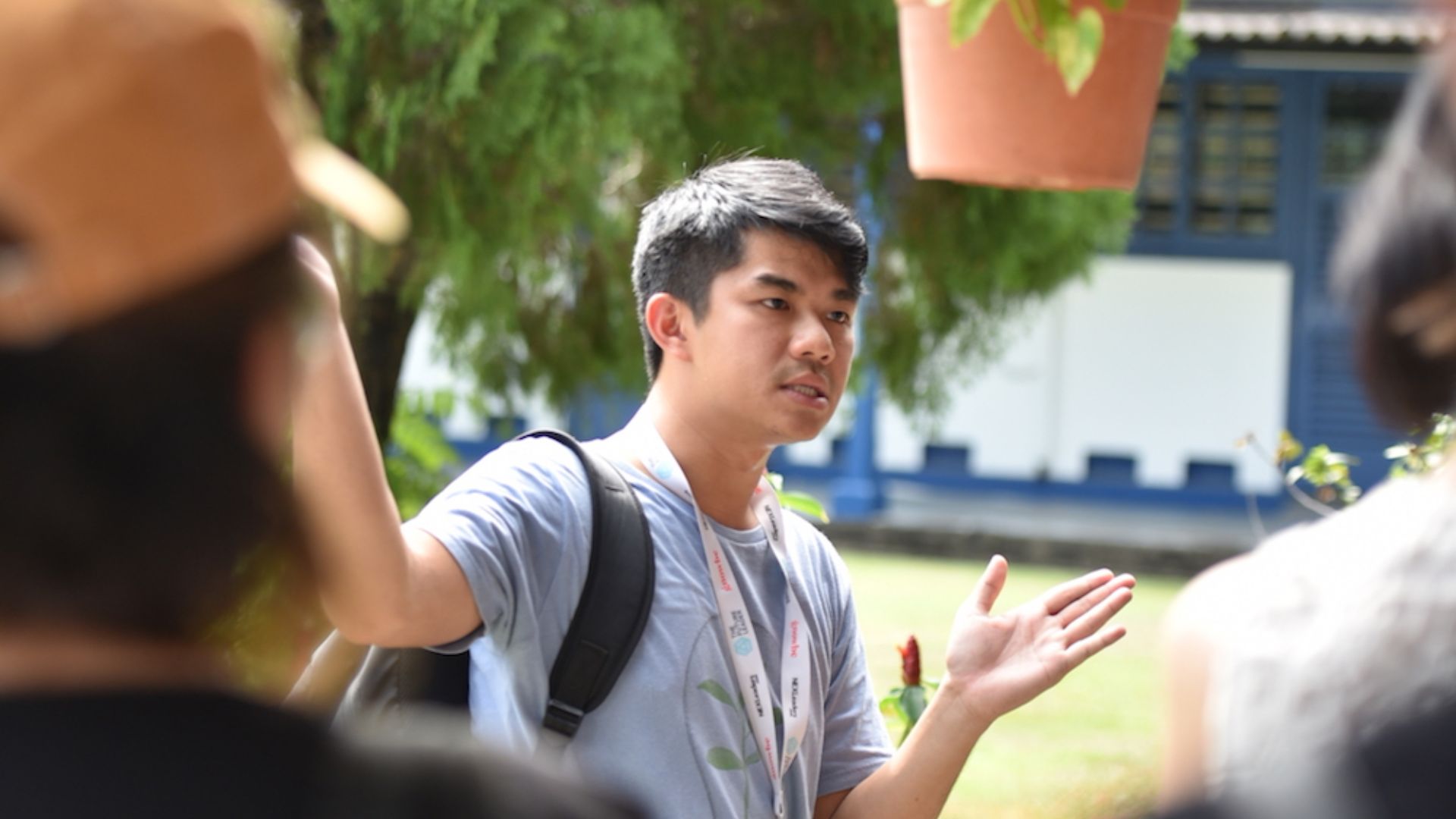
When Mr Cai Yinzhou was growing up in Geylang, known for its red-light district, his neighbours included sex workers and migrant workers. He not only befriended them, he often played badminton with them.
He was often chided by other neighbours for mingling with the two groups. That was when he realised there was an immense gulf between the social classes.
“For playing badminton in the back alleys, we were raided by the police,” Mr Cai wrote in an article for Mothership in November 2018.
Mr Cai watched as his neighbourhood became increasingly regulated, such as having a designated liquor control zone — an aftermath of the Little India riots several years ago, which involved migrant workers and resulted in several deaths.
Now an adult, he decided he wanted to redefine Singaporeans’ relationships with migrant workers. This is why he started Geylang Adventures, an initiative that offers tours through the back alleys of his neighbourhood, to show a different side of Geylang and restore humanity to the migrant communities living there. He also founded BackAlley Barbers to give free haircuts to migrant workers.
Another initiative, Citizen Adventures, was part of the Migrant Support Coalition, which helped to deliver supplies to migrant workers staying in factory-converted dormitories during the Circuit Breaker and other restrictions imposed during the Covid-19 pandemic.
These dormitories usually had fewer supplies and less access to essential goods such as groceries, shavers to cut hair, PPE, healthcare equipment, and food items. The Coalition also helped to escalate cases that concerned the migrant workers to the Government, train workers to use the PPE and other essential equipment, among other things.
In 2017, Mr Cai was honoured with the Singapore Youth Award for how his efforts have brought “distinction to the nation” through his “resilience, courage, leadership, service and ambition.”
Mr Cai tells TheHomeGround Asia: ‘’The tours provide the people with facts and anecdotes that help educate them more accurately about the contexts of events and places in Singapore. Such education can help them better understand certain situations.’’
‘’You can be creative and help in small ways. Don’t see the work as a means to a result, but see the need on the ground and find out what you can do as an individual or through partnerships or collaboration,’’ he says.
In contrast to Mr Cai’s efforts is that of another advocate for migrant workers’ rights — activist Jolovan Wham.
Mr Wham is the former director of the Humanitarian Organization for Migrant Economics (HOME), an organisation that advocates for the welfare of migrant workers by providing legal aid, medical service, and shelters for migrant workers.
He organised an event called “Civil Disobedience and Social Movements” in November 2016 and invited Hong Kong student activist Joshua Wong to participate through a video call.
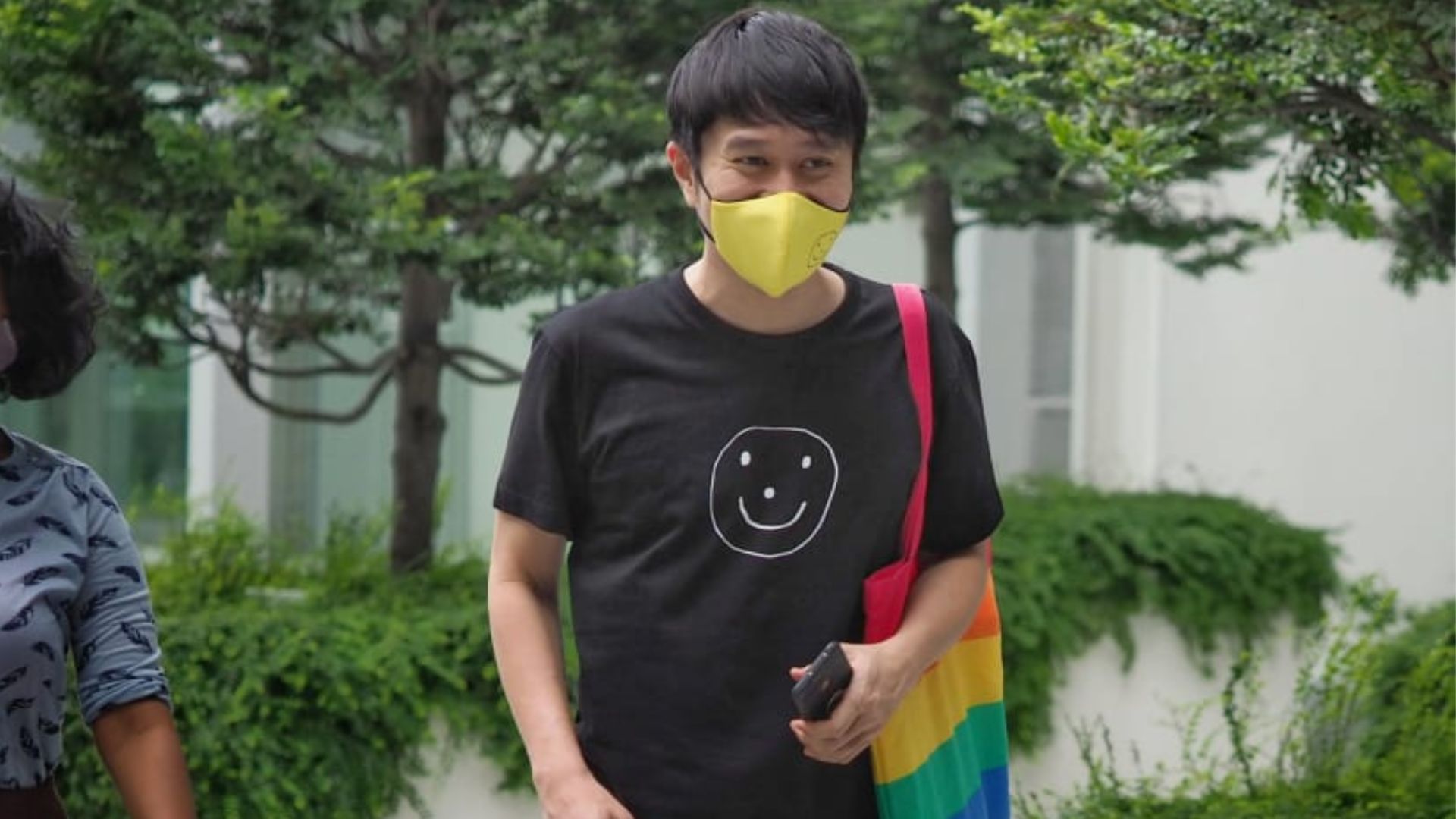
Mr Wham was later taken to task for doing so without a permit and for refusing to sign a statement he made at the police station. He was fined $3,200 but chose to serve 16 days in jail instead.
Under Singapore’s Public Order Act, an organiser of a “seminar, conference, workshop, or gathering” pertaining to religion, race, and “cause-related or directed towards a political end” must apply for a police permit.
Mr Wham has always felt strongly about his efforts and often resulting in his tangle with the law.
In 2017, he was charged for organising public assemblies without a permit when he held a vigil outside the Changi Prison Complex before the execution of a Malaysian drug offender, and a silent protest in the MRT against the 1987 detentions of alleged Marxist conspirators under the Internal Security Act. He was also charged with vandalism, for pasting two sheets of paper on an MRT train during the protest.
Not wanting his uncompromising advocacy approach to affect HOME’s operations, he stepped down from its leadership.
AWARE: Moving from gender equality issues to research and public education
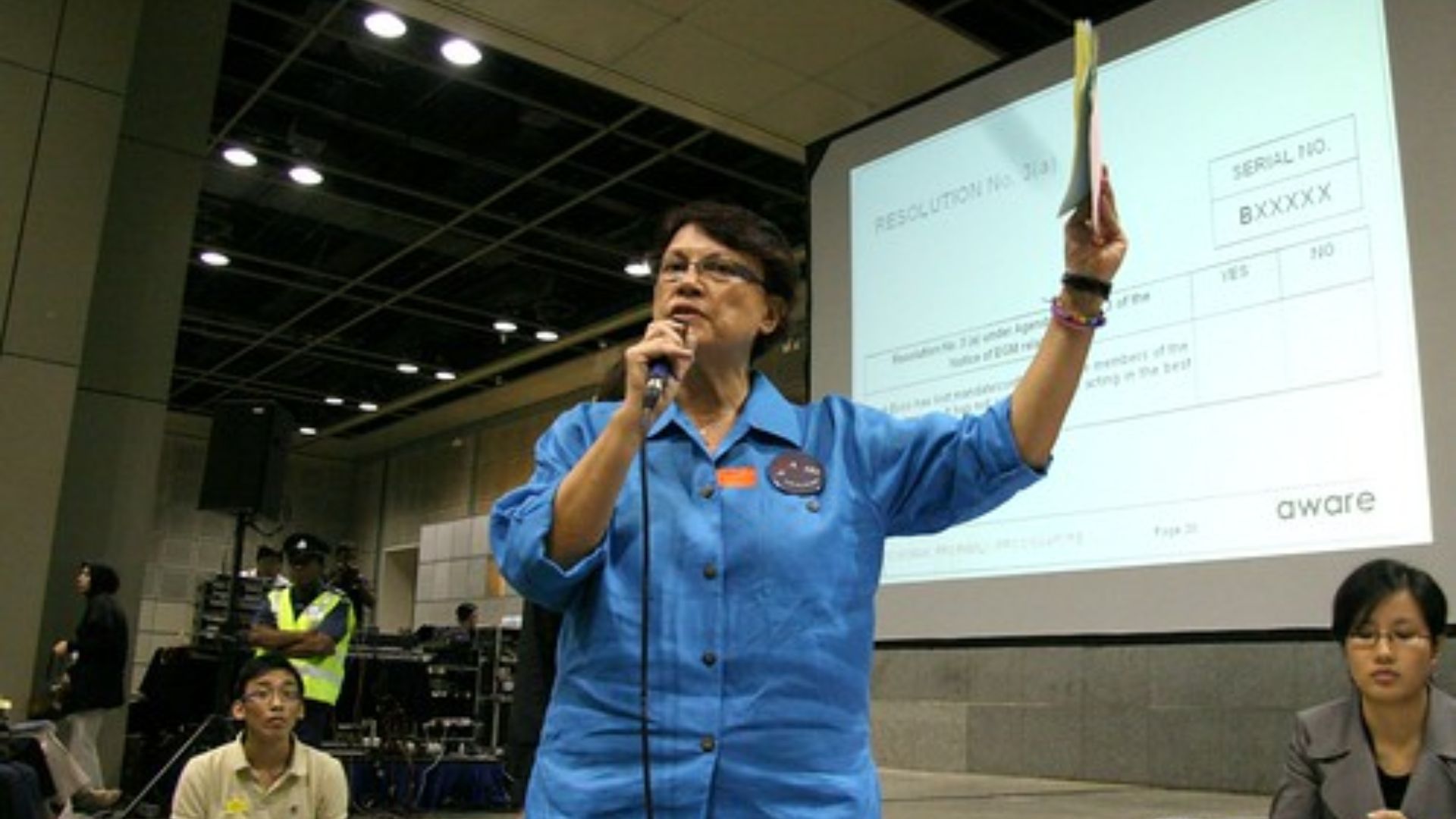
Former journalist Margaret Thomas jumped from one side of the fence to the other when she became an activist and co-founded the Association of Women for Action and Research (AWARE), which champions women’s rights. She later joined Transient Workers Count 2 (TWC2), another organisation that advocates for migrant workers.
Initially AWARE focused mainly on issues of gender equality with the aim to remove all gender-based barriers to allow individuals in Singapore to develop to their fullest potential. It sought to achieve this through research and public education, direct community services, fundraising, working with other organisations, and regional networking.
It was after what was popularly called the AWARE saga of 2009, when a group of conservative Christian women took over the organisation by winning nine out of the 12 available seats on the executive committee, after allegations that AWARE was “harbouring and pushing a pro-gay agenda”.
It was only after nearly 3,000 people attended the EGM that the new guard was ousted and a new committee was elected.
The new exco announced that changes would be made to the organisation’s constitution to prevent a repeat of the leadership grab, such as only allowing those who had been members for at least two years to stand for election to the executive committee
AWARE declined to comment when this writer approached it for this piece.
But in 2020, when asked about her viewpoint on activism, Ms Thomas told The Diplomat, “Our approach is to use both the front door and back door and we are open about it. When we feel it is important to take a public stand, we will do so. Where appropriate, we are ready to work behind the scenes and have discussions with policymakers in private.”
Her comments fall in line with those of Associate Professor Eugene Tan from SMU Law Faculty, who tells TheHomeGround Asia that such successes show that the Singapore government seems more receptive to engaging and working with civil society to study appropriate policy changes, if the policy changes do not affect the core of government policy or upset any fundamental tenets of society.
Dr Tan says, “When society remains deeply divided, the government will adopt a wait-and-see approach, preferring a clear majority on the way forward before it does anything. It boils down to a basic thing about politics. Political parties seek to win elections; they have to be popular. They have to be able to carry the ground.”
Changing the course of fellow ex-offenders
Ex-offender Firdaus Abdul Hamid, who is in his 40s, wanted to empower inmates, ex-convicts, families of incarcerated individuals and at-risk youths when he co-founded The Kampung Bridge (formerly known as Human Hearts).
He and his team — many of whom are themselves ex-offenders — provide confidence and direction to help them find their footing in life, especially after they are released from prison.
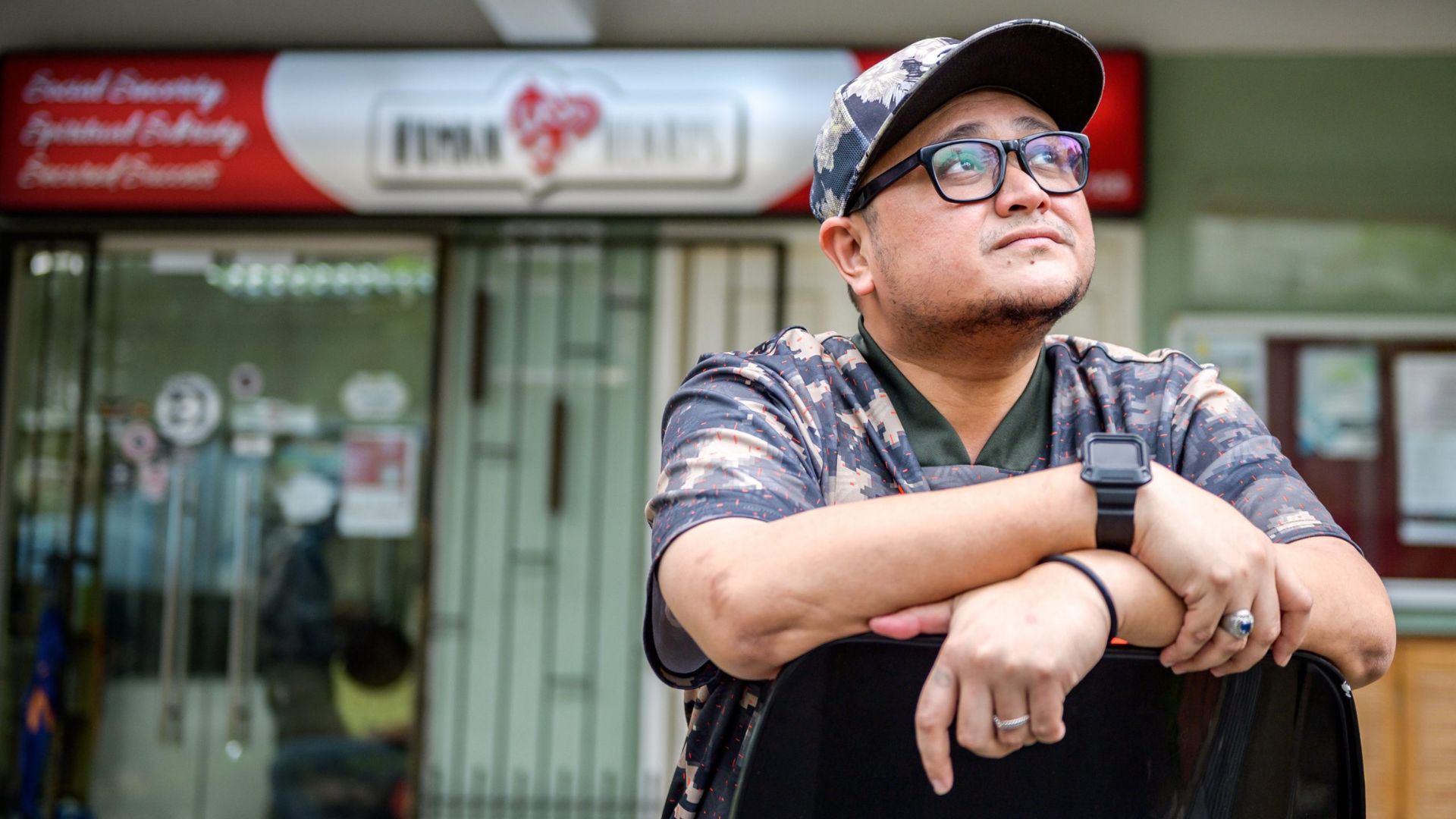
The executive director of the non-profit organisation says: “Our initiative is to assist ex-cons fit back into society and unlock the second prison. Some people have a negative mindset towards our work as they do not understand nor understand the rough experiences we went through. These people need to be educated and trained on how to properly help the people we work with,’’ he says.
Mr Firdaus and his team also build bonds with prison volunteers, ex-offenders and other organisations that share the same visions and plans.
“We cannot really change the laws but we can give ex-offenders job opportunities and fill the other loopholes needed to improve the lives of the beneficiaries. We already have proof that our programmes work,” he adds.
Mr Firdaus acknowledges the need for financial support for “sustainability and survival” of such initiatives, but adds that “a pure heart” and desire to help humanity is more important.
“If you have the heart and commitment to serve humanity, then start and move forward. If you have doubts on whether you can keep going on, then just focus on being a volunteer first. Try to understand the backgrounds of people and it will cost you nothing to sit down, listen to their stories, and understand them better,” he says.
“Be humble and don’t be afraid to ask the ex-offenders for help, as they will surely open up to you and help you too,” he adds.
Dr Catherine Daniels, a media consultant who researches into the effects of online and physical activism in the United States and Canada, said that by combining advocacy with an important social issue such as ageing or millennial angst, social activist groups in Southeast Asia tend to get better outcomes with less violence or social unrest.
She says: ‘’Combining such ‘advocacy’ with efforts that help complement government efforts helps both parties work together instead of against one another. This is particularly important as both parties have resources that can help each other’s efforts — governmental bodies have infrastructure and scalability while the advocates can rally and mobilise people quickly to aid in the efforts.
‘’So, in these respects, AWARE, Daughters of Tomorrow and The Kampung Bridge take the approach of engaging the government and grassroots organisations instead of fighting against them. Seen against the backdrop of respect for authority, such efforts can be more effective as the people can see the results and judge for themselves e.g., the meals on wheels, tuition schemes, aid for the poor, etc.’’
RELATED: Freedom to choose what is best for you: Has it always been there for Singaporeans?
Join the conversations on TheHomeGround Asia’s Facebook and Instagram, and get the latest updates via Telegram.


